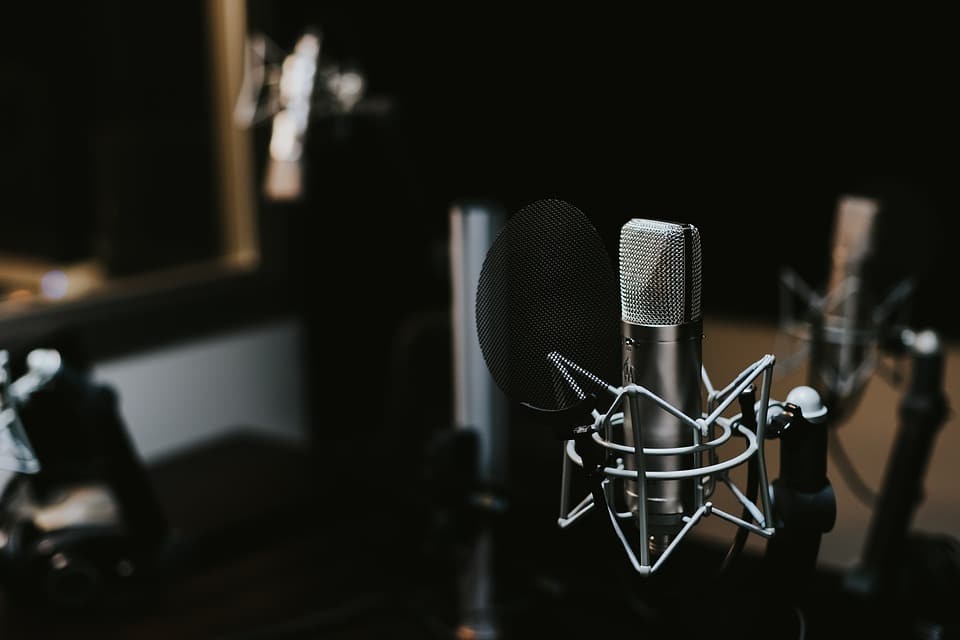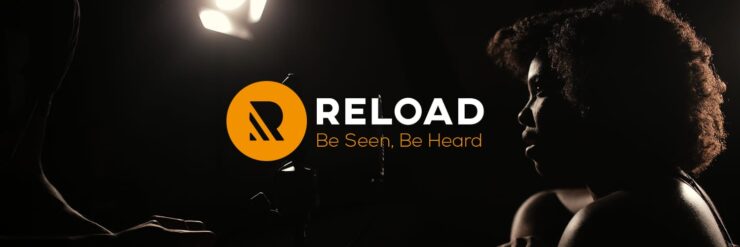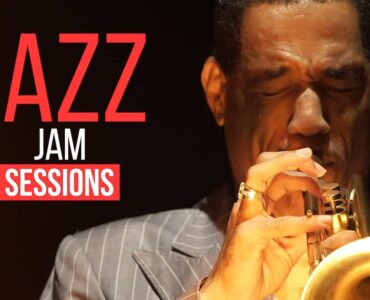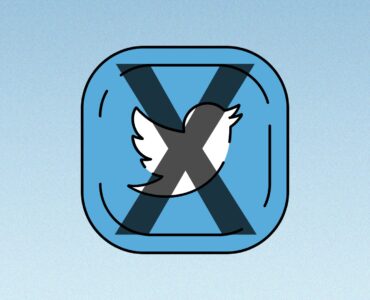In this guest blog, our friends at Reload Sessions offer some hints and tips on how to get more work as a musician and advance your career…
Want to book more gigs? Of course you do. But there’s a big problem amongst independent artists and musicians, and it’s something that isn’t spoken about too often. It’s something that impacts both young musicians, for example those just coming out of a music college – as well as older ones too, those who have maybe spent a few years already working on and off, in venues, as session musicians or even theatre.
The problem is this – they want to earn a living making music, but they put their time into all sorts of projects that won’t help them get to their end goal.
The starting point is the idea of ‘I want to earn a living through making and performing music’. How you get there is a different matter, and while there are lots of routes you can take, there are a few things you can do that will really improve your chances of getting there sooner rather than later.
You want to make music, share your music and earn a living from your music? As we all know is… it’s not always as easy as just thinking about it!
At Reload, we work with hundreds of musicians and have seen what works and what doesn’t. We specialise in providing artists with the tools and resources they need to push their career further and, as part of this, we’ve filmed and directly worked with artists at all stages of their career. In this article, we’re going to list 5 straight forward points that will have an impact on your brand.
You have to be looking at yourself and your music as a brand and not as a casual hobby if you really want to make this work – if you want people to take you seriously.
The tips we’ll suggest below might be simple to achieve, but consistency is the key here – done together, you’ll have a new shape to what you’re putting out there as your brand and it should inject a new lease of life into your direction. The ultimate goal here is to make music and earn a living doing so, and the short-term approach for that is earning money through performing live music.
Let’s get started on how you can improve your chances of getting work booked as a musician and performer…
1) First Steps – Make Music
This is the part that you should have down – or at least be thinking about having it down. It’s going to be hard to do anything – sell anything, earn money if you don’t have a product. This is your music.
Spend time in a studio, a home studio, even with just a laptop. Find like-minded friends, learn the basics yourself, hire in people, pay for premium – it doesn’t matter too much, as long as you’re making music that you can share. There’s not much point making demos and keeping them just to yourself. In the early stages of your career you can’t be overly selective with what you put out there.
You might have made 10 demos but don’t think any of them is good enough and run the risk of putting out nothing.
There’s still plenty of time for you to change and fine-tune your sound. Get experimenting and, more importantly, get something out there. How do you expect to book gigs and earn money when you don’t have music to play? Sure you can play covers, but if that’s the case you’d be better off joining an agency, to play weddings, cruise ships and events – there’s plenty of money available in those industries. To make it as an independent artist, you need your own music. It’s as simple as that!

2) Sharing Is Caring – Get Your Music Online
The music is done. Great job! We now have something to work with. No doubt you will have spent time and money putting together your latest song, EP or album – and I hate to be ‘that guy’ but there’s a chance that the reception might not be what you expect. It can be really damaging to think that your first, or even second or third release is going to blow up and everyone will buy a hard copy (people don’t really do that anymore do they?), everyone will see you perform live and the bookings will come in thick and fast.
In an ideal world this would happen – but we are playing the long game here with this list and for now, we’ve factored in that immediate success after the first release isn’t the plan. We need to make sure that you’re consistent with everything on this list. Once everything is in place you can then manage your expectations slightly better.
While hard copies of your music might make a few bucks here and there at shows, the way forward is definitely digital. Making sure your music is available on a variety of streaming platforms means that your music is more accessible and will reach more people.
It also shows that you’re serious about what you do and you’ve made an effort to distribute your music in a manner that looks the most professional. This is what we want – people to see and understand you’re not only professional but someone they want to do business with.
The best platforms out there are iTunes/Apple Music and Spotify, you really can’t underestimate how important these two platforms are when trying to share your music, when trying to build the name and trying to develop your brand.
Releasing music on streaming platforms can sometimes be a headache so we’ve done the hard part for you and found which are the best middle-men companies to get your music online. More info on this can be found here.
Getting your music online isn’t hard to do and shouldn’t take much effort. It’s a good step towards showing your professional side – that you’re serious about making and sharing your music. Not only will this serve as a neat and easily accessible archive to your repertoire, but it’s something that agents, managers and show promoters will appreciate as they’ll be one click away from hearing what you can provide.

3) Show The World What You Do – Quality Videos Of Your Best Attributes
In a similar vein to the point mentioned above, you want to make it easy for people to want to do business with you. The last thing you should be doing when approaching business, for example working with a venue looking for an artist – is make someone work to see who you are.
They will likely receive plenty of offers from artist looking to book in the same slot as you and making it difficult – or a chore – for them to see your music will do you no favours.
You want to go in strong – share your music from Spotify/iTunes and show them what you’re like live. By all means, invite them down to a gig, but expect them not to take you up on this offer – remember, they’re doing a service for you by giving you a slot on their show, you really don’t want to make this process any more complicated than it has to be. With this in mind, the next thing you’ll want to send them is a good quality example of you performing live. So this means a video with the following:
- A clear shot of your face, it’s human nature to build a rapport quicker through a visual representation of someone.
- Good quality live audio. This means ‘no’ to a video of you performing in a noisy pub where you can barely hear the performance
- An example of your set up. This should show what your potential setup can be like – is it just you on a piano or guitar? Will you have a trio of musicians with you? The video is a selling tool and should be used as such.
By putting together a live representation of what you do you’re handing your brand on a plate to the person you’re conducting business with, whether that’s a fan, a promoter or someone offering you some kind of monetary exchange for your performances. You’re saying in the best way possible, “this is me, this is what I do, take it or leave it”. It is now up to them to decide whether they will work with you or they won’t, but you’ve done everything in your power to make sure they know who you are, what you do and what they’ll get if they move forward with your brand.

4) Fuel For Your Branding – Good Photos Make A Big Difference
As mentioned before, all these points are linked and quite similar. You should now have your music readily available online, you have videos of you performing live – showing you can do what you claim to do. The final part of media you’ll need is a group of photos. Good photos (good clear images, not a blurry ones with a filter) can make a huge difference to how people view you as an artist.
A good set of images can be used on flyers and event promoters will request these, they can be used on social media as branding images (see the example below), and they can also be used as stock images for any future announcements you might have – an album release or a headline gig coming up.
The addition of well taken images really takes your artistry – or at least how people perceive it – to the next level. You don’t need to pay for images, there are often photographers willing to work with new musicians, or gig photographers who shoot for venues. These can be found on Facebook groups, through friends of friends, word of mouth or other forms of social media. A few good shots can make a huge difference and as with all the other points in this article – it shows you’re serious about what you do.
5) Remove All Hurdles – Make It Easy For Your Client
The ideal approach is to make it as easy as you can for your client, or your fans, or the person you’re soliciting in the music industry. You should aim to give them the best of the current version of yourself without making them jump over too many hurdles.
For example, if you want to apply for a performance slot – send over all the relevant info about yourself as an artist, your music, through Spotify or iTunes, a live performance video, and links to social media and a website (which will hopefully make use of some pro/semi-pro photography). If you’re able to get your brand across easily with a few links then that’s perfect.
People will want to work with you and if they don’t they’ll still appreciate that you’re concise with your exchange of information. Agents, bookers, promoters, and so on love working with a no-nonsense kind of person, someone they don’t need to chase up with “can you please send a video of your work” or similar requests. Being that person takes you one step closer to booking more work, making more fans and earning more money.
If you’re able to follow these 5 steps you will almost certainly be in a better position to approach fellow creatives, or business people working in your industry. Completing this process means you will have made music, created content and most importantly, set yourself up in a good position to push your project further.
When people request information from you, you’ll be in a position where you can provide an appropriate response – you’ve just taken the first step towards streamlining your brand!
This was a guest blog by our friends at Reload Sessions. Do you have any top tips on booking more work? Feel free to post them in the comments below…




















